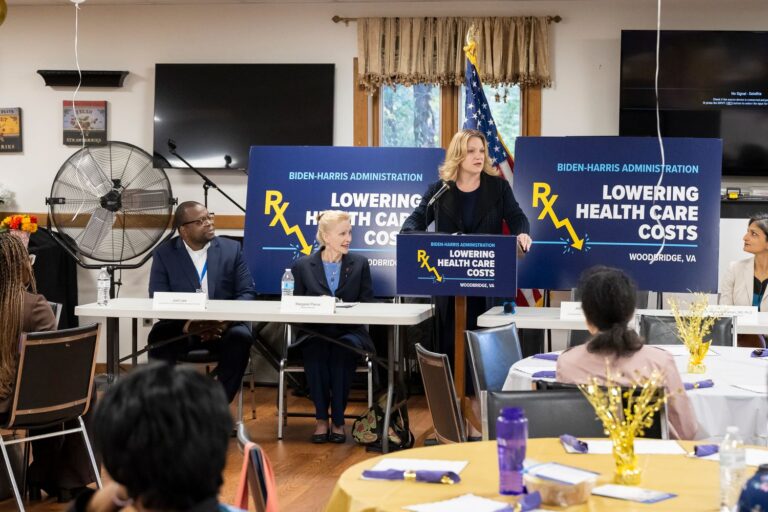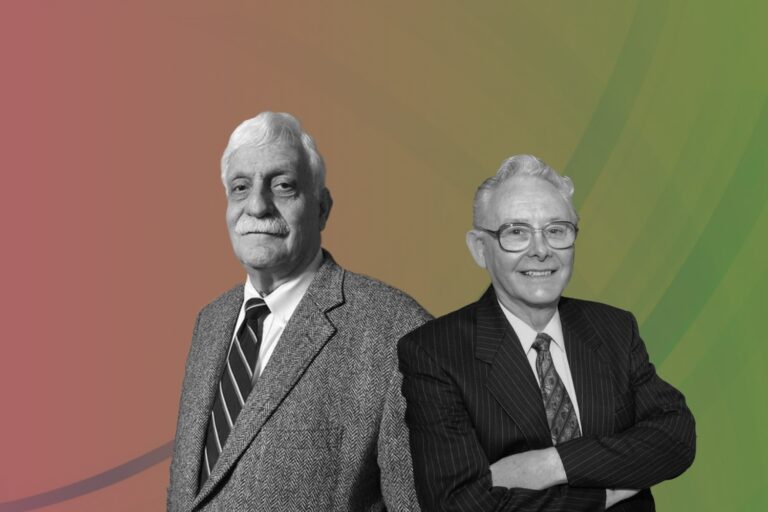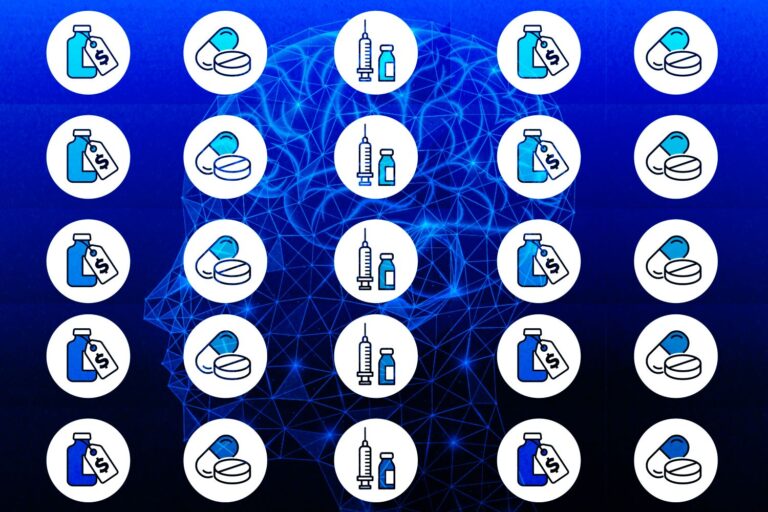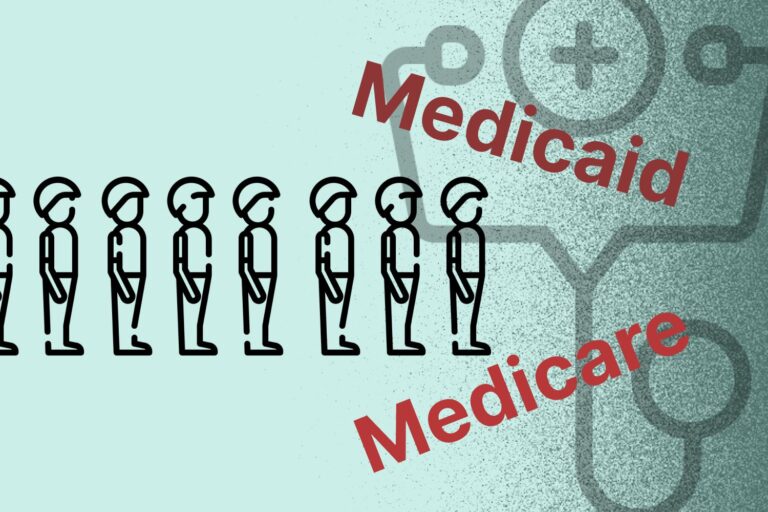Cleerly to Demystify the Plaques & Redefine Standard for Heart Disease Care
Cleerly is a digital healthcare startup that James Min founded in 2017 with a mission of revolutionizing how doctors treat heart disease. With the aid of coronary computed tomography angiography (CCTA) imaging, Cleerly’s clinically proven, AI-based digital care platform enables doctors to precisely diagnosis atherosclerosis sooner and give individualized, life-saving treatment plans for all patients across their care continuum.
They do not use indirect markers like risk factors or illness symptoms; instead, they assess atherosclerosis, or plaque buildup in the arteries of the heart. Their AI-enabled digital care route includes heart disease diagnostics and reporting that are easier, quicker, and more accurate, and are customized for each stakeholder, leading to better overall clinical and financial outcomes.
As part of a goal to safeguard the technologies that have made Cleerly an industry leader in the prevention and treatment of cardiovascular disease, the company has vigorously created a strong intellectual property portfolio to safeguard its research and development efforts.
Cleerly has been named by Fierce Medtech as one of 2021’s Fierce 15 Med Tech Companies. In recognition of its “strong” mentality of embracing innovation and originality even in the face of fierce competition, this names Cleerly as one of the most promising private med tech companies in the sector.
Having been in the game for over 5 years, Cleerly uses its technology to support patients and reduce risks of heart disease. Explore their tale to discover what we may learn from a company that saves many lives.
Starting off Drawing So Much Attention from Venture Capitalists
Cleerly constructs on more than a decade of Min’s research at the Dalio Institute for Cardiovascular Imaging at the New York-Presbyterian Hospital and Weill Cornell Medicine. The nonprofit foundation of billionaire hedge fund investor and hospital trustee Ray Dalio provided funding for the institute, where Min served as director.
Over 50,000 patients were included in the extensive clinical experiments that Min conducted there. But he also understood that in order for his findings to benefit a large number of people, he would have to quit academia.
Cleerly came out of stealth in 2021 with a $43 million Series B investment round to address the top cause of mortality in the U.S. after five years of developing a data science team, enhancing algorithms, and receiving two FDA approvals.
Heart disease costs the United States $219 billion annually, according to the CDC, thus detecting it earlier could result in significant cost savings for the overall healthcare system. Two-thirds of patients who are referred for cardiac catheterization, an invasive treatment to evaluate blood flow in the heart, didn’t have heart disease, according to a randomized control trial Min published in 2019.
He discovered that this could be avoided by analyzing CT scans, which resulted in a 75% decrease in invasive treatments and a 60% decrease in cardiovascular costs. The manual examination of each photograph, according to Min, takes over eight hours. However, Cleerly’s technology can complete the same study in only a few minutes.

Cleery is not intended for experts. It’s designed to save time and hassle by eliminating the need for specialist referrals and giving primary care physicians and other clinicians a leg up in comprehending sophisticated imaging. The goal is to reach patients before they enter the hospital, when expenses are out of control.
The American College of Cardiology and the health insurer Cigna are just two of the many investors that Cleerly has drawn. The Series B financing was sponsored by Vensana Capital, with participation from LRVHealth, New Leaf Venture Partners, and DigiTx. From 2017 to 2021, Cleerly had raised $54 million, including two rounds A and B.
In addition to Roy Beveridge, the former chief medical officer of health insurer Humana, Glenn Steele, the former CEO of Geisinger Health System, and Kevin King, the former CEO of publicly traded digital cardiac care company iRhythm Technologies, Klein and two other investors will join Cleerly’s board.
Cleerly has also received guidance from executive advisors Eric Horovitz, chief scientific officer of Microsoft and Lee Cooper, former CEO of GE Healthcare.
Cleerly’s Founder James Min and His Belief on Science
Why is it so challenging to identify heart disease, the silent killer that accounts for 1 in 4 deaths in the United States?
The main problem is a lack of knowledge. According to Min, cholesterol is utilized as a proxy, although there is an 80% overlap between persons with and without heart attacks in terms of cholesterol levels. Doctors don’t typically request the imaging necessary to determine whether reduced blood flow due to artery narrowing is present until a patient complains of chest pain.
This occurs when fatty deposits, or plaque, form on the arterial walls. According to Min, this diagnostic procedure is “backwards.” “We studied the phenomenon of the end stage, but we never had the tools to actually characterize the disease.”
Since Min began practicing medicine more than two decades ago, both science and technology have advanced significantly. He initially saw the results of a four-slice CT scan in 2003, with each slice displaying a cross-sectional image of the heart.
“When I saw that scan, I thought this is going to fundamentally change our understanding of vascular biology,” he says. Present-day CT scanners could record 640-slice scans.
As researchers, Min and his group spent years sorting through tens of thousands of CT images in order to classify and identify certain traits before using machine learning to begin spotting regular patterns.
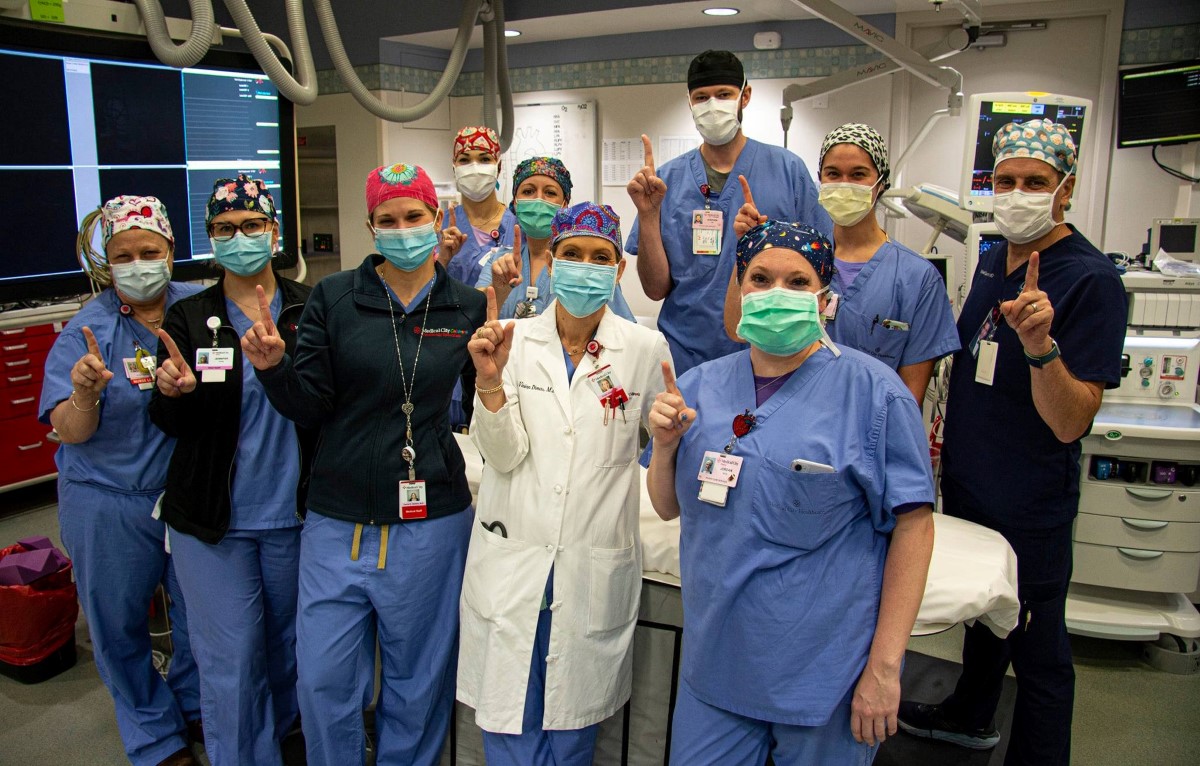
For instance, Min cites a study that was released in 2019 as supporting the theory that a person’s risk of suffering a heart attack increased as their arteries became more narrow and obstructed. The findings, however, were rather unexpected; rather than the quantity of plaque, the main risk factor was its type. He claims that compared to firm calcifications, those who had heart attacks were far more likely to have gummy, low density cholesterol-filled plaque.
This study was conducted at the same time that a plethora of new heart disease medications entered the market, giving physicians an alternative to the conventional statins. “We now have this confluence, where we can learn about biology through extensive clinical studies. Now that we have machine learning capabilities, we can process all of the photos and display the data. We also have non-invasive therapeutic options that physicians can utilize to manage their patients efficiently, adds Min.
The advantage of Cleerly’s technology is that the platform will be updated and improved continuously as it picks up knowledge from fresh data and developing treatment choices. Next up is a large multi-international registry that aims to enroll more than 100,000 patients over the next decade.
“We’ve developed at Cleerly another few dozen algorithms to really help us better understand cardiovascular disease and patient outcomes,” says Min. “The science will never stop, because that is actually the driver of the company.”
Innovative Products That Truly Matter to Society’s Wellness
The objectives of Cleerly are to spread cutting-edge technology with AI capabilities through an extensive end-to-end digital care pathway that directly solves the shortcomings of present cardiovascular care. In the past, stress tests have been used to evaluate symptomatic patients with suspected heart disease. The results of these tests serve as indirect surrogate markers of heart disease rather than actual heart disease.
In this scenario, they are attempting to locate an arterial narrowing that would benefit from a stent or surgery – interventions that are good at decreasing symptoms but less good at preventing heart attacks. Additionally, it has been demonstrated in real-world practice that the non-invasive diagnostics they have employed to detect narrowings are useless and erroneous, with nearly two-thirds of patients who underwent invasive procedures having no actionable narrowing at all.
Additionally, despite the majority of people who will have heart attacks will not experience any symptoms prior to the occurrence, and more than two-thirds of heart attack victims are labeled “low risk” by risk factors like cholesterol, their specialty has historically focused on symptom-driven therapy. A new care paradigm that addresses this “lost majority” is what is urgently needed.
At Cleerly, they have a rhetorical question that often asked: “Why do we use advanced non-invasive imaging to prevent the most common causes of cancer, but not the most common cause of death?”
Cleerly has never used modern imaging to lower heart attack deaths, regardless of whether it’s 3D mammograms to prevent breast cancer mortality, colonoscopies to avoid colon cancer mortality, or high-resolution CT scans to prevent lung cancer mortality.
The massive success stories of mammography, colonoscopy, and lung CT scans in lowering cancer, Cleerly says, can be replicated and similar lessons may be applied to prevent heart attacks with the right instruments and large-scale clinical studies.
Golden Partnership That Fuels Ground-Breaking Health Contributions
On November 17, Cleerly and Heartbeat Health, the nation’s largest virtual-first cardiovascular company, announced a partnership to use precision heart health to more accurately determine cardiovascular risk and deliver better heart care.
Physicians may more quickly recognize, describe, and quantify atherosclerosis (plaque buildup) in the walls of heart arteries thanks to Cleerly’s AI-enabled approach for analyzing coronary computed tomography angiography (CCTA). This AI-powered scan enhances earlier evaluations of heart disease that make use of indirect surrogate signs of disease and gives a more precise picture of a patient’s risk of having a heart attack.
Heartbeat Health provides real-time clinical data as well as device connectivity to enable a variety of clinical products, such as same-day diagnostic tests, televisits, and treatment plans. Wherever patients may be, Heartbeat Health’s virtual cardiologists team offers superior care.
The collaborative offering of the companies builds on the most recent American College of Cardiology recommendations for the use of CCTA for non-invasive heart disease evaluation. For the estimated 8 million people who should be getting a CCTA each year, the ability for anyone to proactively obtain a CCTA test in their area with Cleerly’s AI-enabled analysis – and then connect live with a Heartbeat Health virtual cardiologist to discuss a treatment plan – is a game – changing development.
“Surrogate markers too often fail patients as predictors and miss the majority of patients who will suffer a heart attack. In fact, more than half of all patients who experience a heart attack show no symptoms before they have one. We can do better,” said Dr. Jeff Wessler, a virtual cardiologist and Heartbeat Health’s co-founder and CEO.
“Working with Cleerly, we can improve diagnostic clarity to personalize therapeutic choices that offer both clinical benefit and reduce the risk of a catastrophic cardiac event.”
Together, Heartbeat Health and Cleerly are increasing access to early cardiac evaluations and will offer value-based offerings for health providers, payers, payviders and at-risk primary care practices.
Bold Moves to Take Medical Industry by Storm
In order to evaluate patients who present with symptoms of heart disease, such as chest pain or shortness of breath, Cleerly has created technologies as a holistic solution. In this regard, Cleerly’s marketing initiatives have focused on health systems where these patients are present and may take use of their solutions.
The companies aspire to provide this level of diagnostic certainty to doctors and patients. Clinical trials that have assessed Cleerly have shown them to be the most accurate.

However, waiting for patients to arrive with chest pain is a less than optimal approach for reaching every at-risk patient because the majority of heart attack victims do not actually feel any symptoms prior to their event.
Furthermore, examining oncology patients until after their cancer has spread is analogous to waiting for patients to appear with late-stage symptomatic disease. They must identify those who are at risk at the earliest possible stage since it is already too late.
James Min is convinced that the technology at Cleerly has the potential to provide universal worldwide screening for heart disease in a way that can enhance the lives of millions upon millions of people. Cleerly is dedicated to performing the necessary science that influences clinical practice guidelines.
Cleerly has closed a Series C financing round of $223 million. This new funding brings the total raised by the fast-growing health care company to $279 million, which includes its Series B round in 2021.
This funding round will enable Cleerly to expand its team as well as extend its commercial reach to broaden patient and physician access to its comprehensive technology-enabled care pathway across the entire continuum of disease presentation—from early diagnosis of heart disease to ensuring that ongoing treatments are effective for those who have that elevated risk or symptoms.
In addition, the company will invest in additional large-scale outcomes research to establish it as the standard of care supporting physicians through personalized evaluation and treatment of heart disease.


